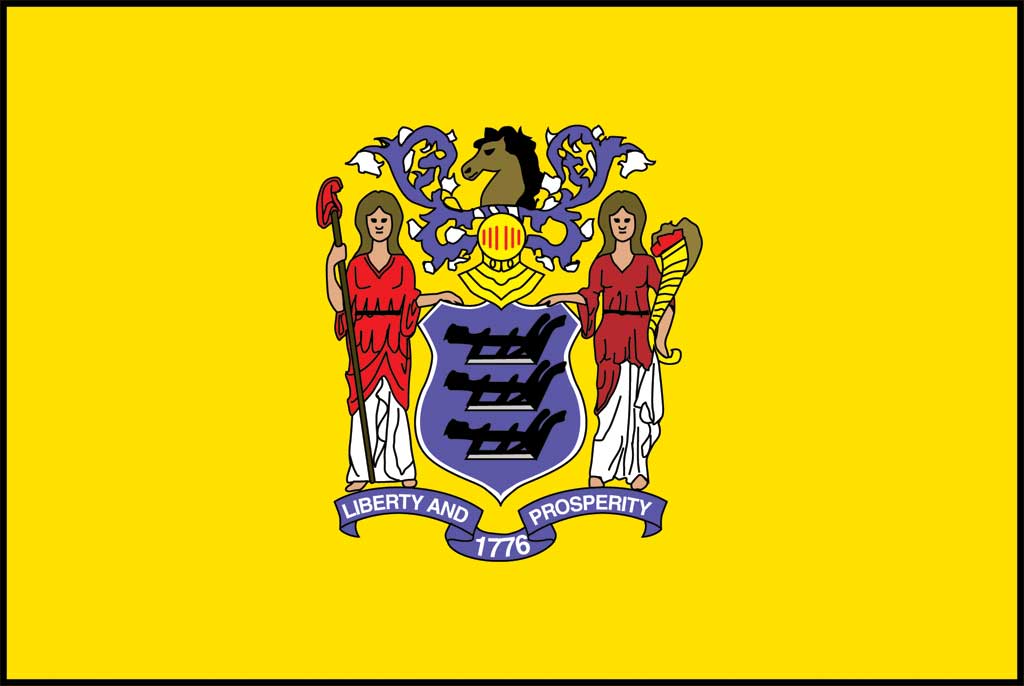Gov. Phil Murphy has conditionally vetoed legislation that would protect agricultural and horticultural lands against trespassing and vandalism.
Murphy issued the conditional veto on Aug. 27 and suggested several revisions which he said would make the legislation more palatable.
“While the bill’s changes to the relevant criminal and civil statutes are laudable, one provision raises concerns. Specifically, the bill would establish a mechanism at criminal sentencing designed to compensate a property owner for expenses, above and beyond ordinary restitution, incurred to restore lands and property damaged by a trespasser,” Murphy wrote in the conditional veto.
“It should be noted that such an avenue for redress for such expenses (and civil penalties) already exists in civil court … In effect, this (bill) would create a right to a similar civil judicial proceeding to ascertain and award extraordinary restitution as part of the criminal prosecution. Such a change, which would represent a significant departure from current judicial practice, has the potential to burden prosecutors and delay criminal proceedings.
“… Compounding this concern, expanding extraordinary restitution to criminal sentencing for the narrow subset of crimes identified in this bill treats certain crime victims more advantageously than victims of other types of crimes, such as murder and sexual assault, that may fairly be considered equally or more serious than trespass and vandalism.
“A more measured approach would modify this provision to allow the court to order the payment of such expenses if the amount is not in dispute or can be readily ascertained without an evidentiary hearing, while retaining the bill’s enhanced civil and criminal penalties.
“My revisions accomplish the laudable objectives of this bill without creating an
entirely new sentencing scheme for certain crimes that has the potential to burden the criminal court system,” Murphy wrote.
The bill has been returned to the Legislature for additional consideration.
When the bill was awaiting action in the Legislature, one of its sponsors, Assemblyman Eric Houghtaling (D-Monmouth), said, “This (bill) helps protect agricultural businesses in the state from encroachment that can damage crops and put a damper on their business. Farming is an expensive venture. Damage caused by trespassing, whether intentional or not, should be rectified.”
Current law provides that it is a criminal offense to:
• Knowingly or recklessly operate a motorized vehicle or ride horseback upon the lands of another without obtaining and possessing the written permission of the owner, occupant, or lessee thereof; or
• Knowingly or recklessly damage or injure any tangible property, including, but not limited to any fence, building, feedstocks, crops, live trees, or any domestic animals, located on the lands of another.
The bill provides that a person who is convicted of one of the criminal offenses listed above is liable to the owner, occupant, lessee, or licensee of the lands or of the tangible property for, in addition to any other fine, penalty, or restitution which may be imposed by law, any reasonable and necessary expenses, including reasonable attorney fees, incurred by the owner, occupant, lessee, or licensee to ensure the lands or the tangible property are restored to their condition prior to commission of the offense.
The bill establishes a civil penalty of at least $1,000 for persons who knowingly or recklessly operate a motorized vehicle or ride horseback upon the lands of another without obtaining and possessing the written permission of the owner, occupant, lessee, or licensee; or knowingly or recklessly damage or injure any tangible property, including, but not limited to any fence, building, feedstocks, crops, live trees, or any domestic animals, located on the lands of another.

